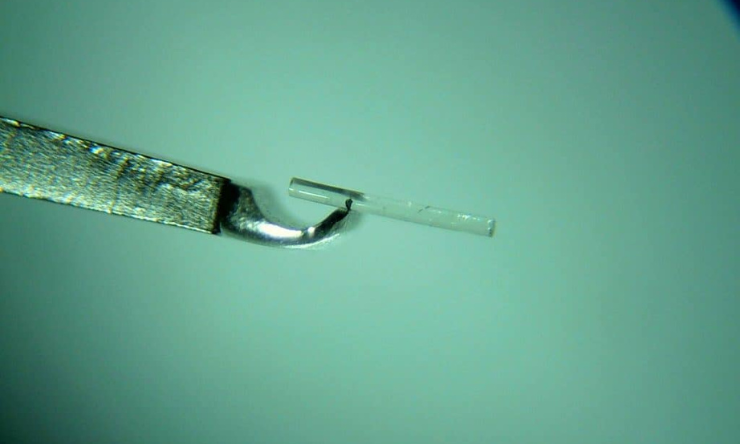Share
Minimally invasive glaucoma surgery (MIGS) is an umbrella term which encompasses a range of newer surgical procedures for glaucoma – the common feature being less tissue manipulation than conventional glaucoma surgical procedures (trabeculectomy or tube-shunt surgery with external reservoir).

MIGS procedures tend to be quicker to perform, result in less trauma to the eye, with a quicker recovery and are generally regarded to be safer. However they are not necessarily more effective at lowering the pressure than the conventional glaucoma surgical options. Also our experience with these procedures is still evolving as they are still quite new and the long-term results are not yet well known. For example one MIGS procedure that was introduced in 2018 (the Cypass device) was later withdrawn over safety concerns.
We are still trying to work out which procedures work best in different situations. MIGS procedures tend to be recommended for less advanced cases, often when cataract surgery is to be performed at the same time. The various MIGS devices work in different ways and have different risks and benefits, so in a way lumping them together under the one banner can be confusing.
Trabeculectomy is still the gold standard surgical procedure for glaucoma with a proven track record to lower the pressure in patients who require surgery. It is the procedure of choice in normal tension glaucoma, or any cases of advanced glaucoma where a very low pressure is required, or eyes where there is a narrow drainage angle. MIGS devices are not suitable in eyes with narrow angles and tend not to be recommended when very low target pressures are required. Many forms of secondary glaucoma do best with a tube-shunt with external reservoir such as Baervedlt or Molteno tube, rather than a trabeculectomy or MIGS device.
Whereas before patients with glaucoma were mainly treated with medication and surgery was only performed in very severe or advanced cases, now with MIGS surgery may be offered at an earlier stage of the disease. Sometimes the question is not MIGS v trabeculectomy but rather MIGS v. drops - and trabeculectomy is still mainly reserved for patients with more advanced disease.
There are now more surgical options than there were previously and it is important to discuss with your specialist the particulars of your case, and what might work best in your individual circumstances. As with all surgical procedures, (or any treatment for that matter) it is important to weigh up the risks v. the benefits before proceeding.


